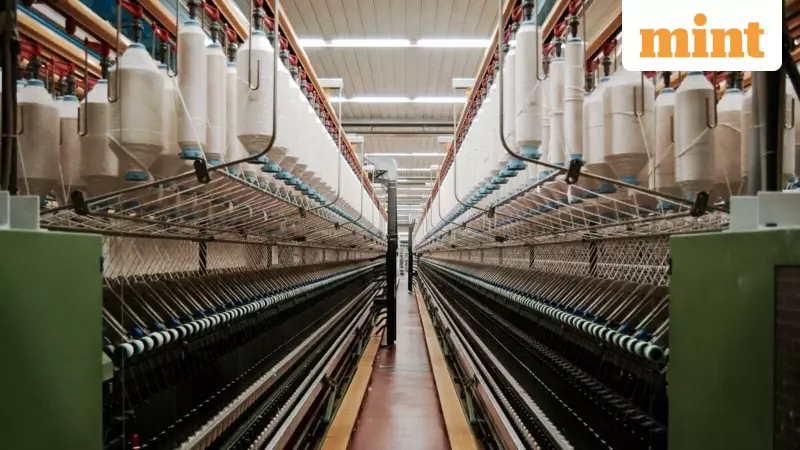
In a significant move to support domestic industry, the Indian government has withdrawn Quality Control Orders (QCOs) for specific polyester and petrochemical imports. This decision, announced on 14 November 2025, removes the mandatory Bureau of Indian Standards (BIS) certification requirement for these products, which are vital inputs for a wide range of manufactured goods.
Relief for Manufacturers
The revocation of these QCOs is expected to speed up the import process for these essential raw materials. This will directly help Indian manufacturers by cutting down on production hurdles and costly delays. Previously, the need for BIS certification acted as a bottleneck, slowing down the supply chain. With this barrier removed, factories can expect a smoother and faster flow of crucial inputs, enhancing operational efficiency.
The Double-Edged Sword of QCOs
While the original intent behind Quality Control Orders was well-meaning—to act as a check against sub-standard products entering the Indian market—their application has had unintended consequences. Over time, these orders, which now cover over 750 products across various sectors, have effectively functioned as protectionist barriers. Instead of just ensuring quality, they have made it difficult for local manufacturers to procure the inputs they need to compete effectively, both domestically and globally.
A Call for Broader Review
The withdrawal of QCOs on polyester and petrochemicals is a welcome step, but it is just the beginning. For a genuine boost to Indian manufacturing, a broader review of the numerous other QCOs in place is necessary. This policy shift aligns with the government's efforts to strengthen domestic production, especially as Indian businesses face new challenges from high US tariffs. Eliminating these internal irritants, even to a limited extent, will help Indian companies become more competitive and better equipped to navigate the current global trade difficulties.






